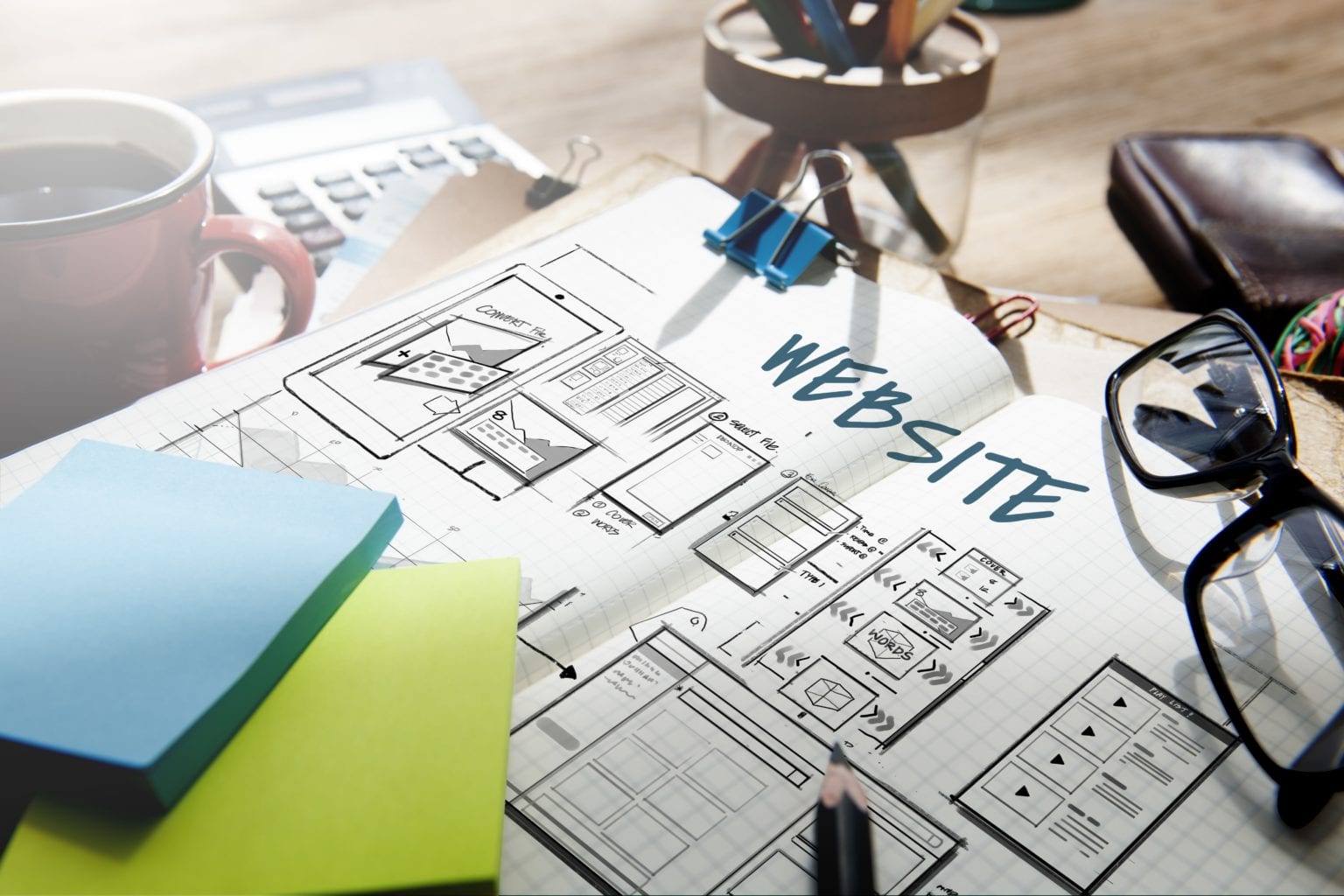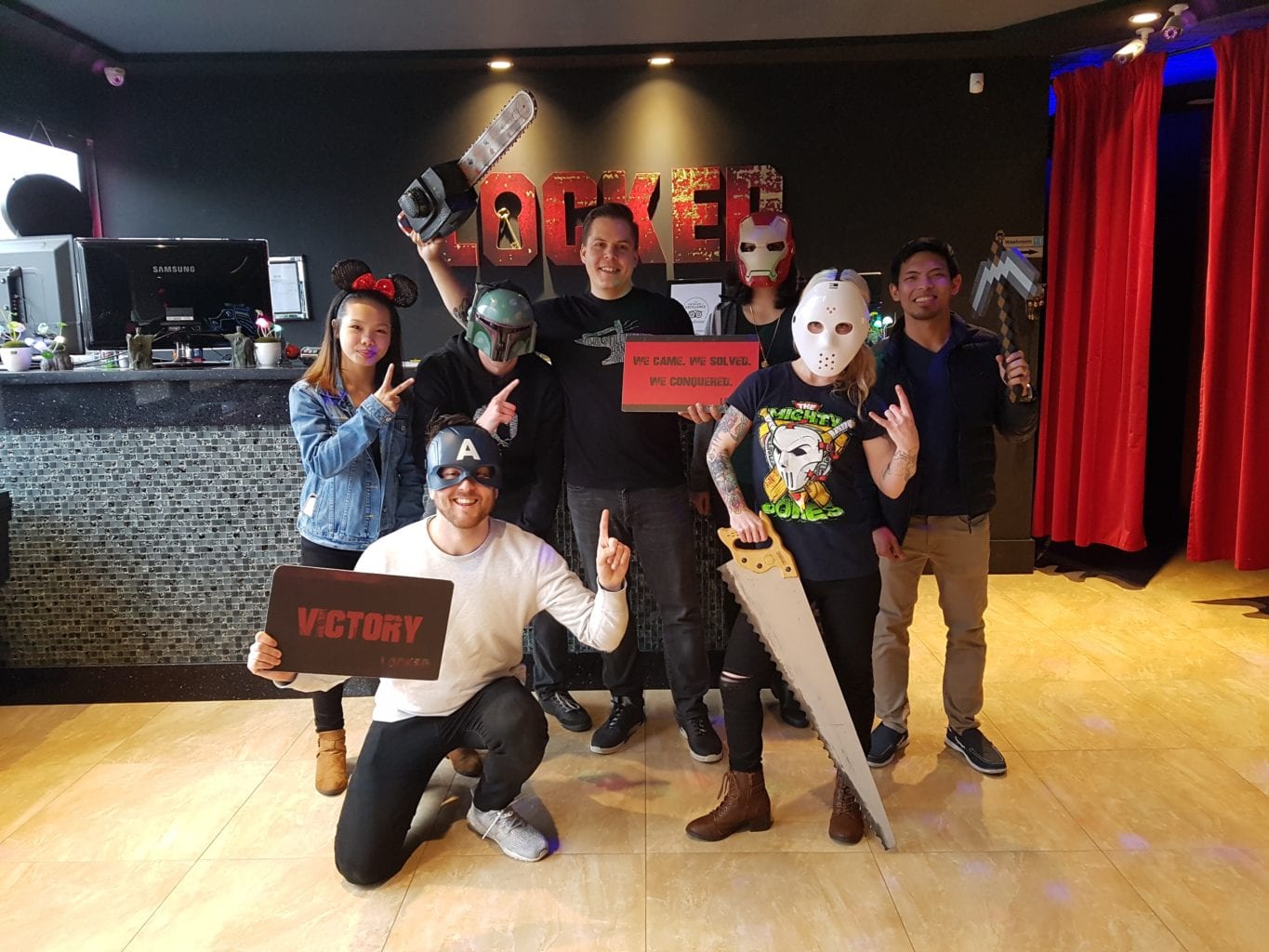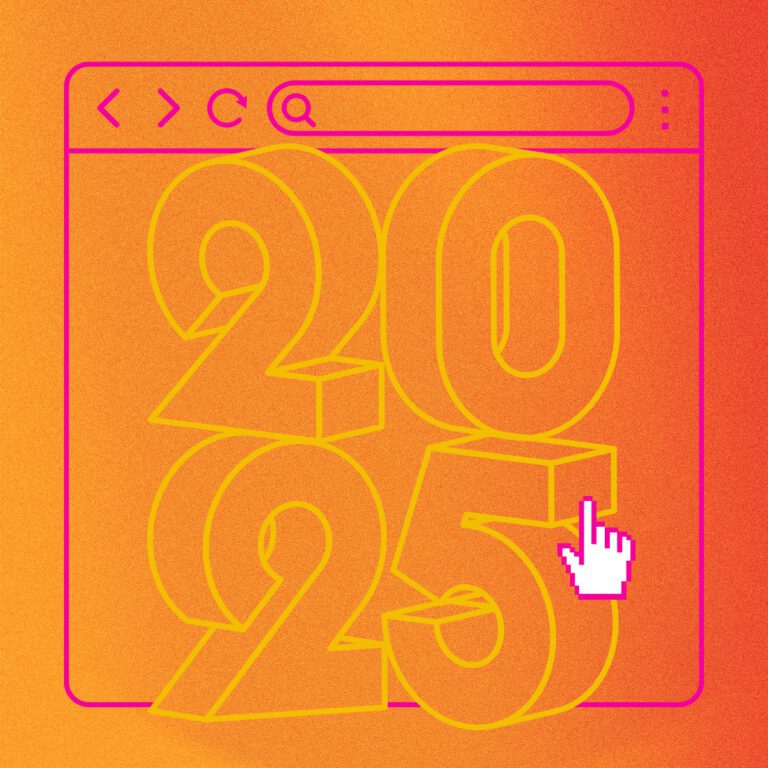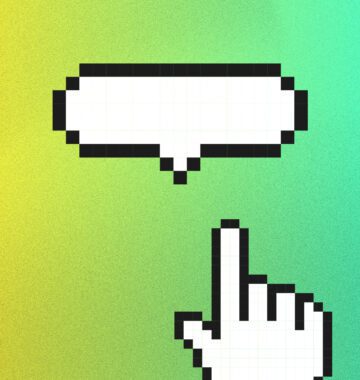This article was updated on September 24, 2020. To see what it’s like to work with our web design agency, check out Our Process.
Web design projects are a lot of work!
Whether it’s a refresh or a completely new web design and build, there are so many factors to consider at every stage. How much content do you have, and how is it performing? What new technology do you need to integrate? And most importantly, how is the project going to improve the experience for your site’s visitors?
Businesses also need to decide whether they will contract freelance web developers and designers, or partner with a design and development agency.
This is a huge decision, because you’re putting your trust — and your budget — into someone else’s hands. Your digital marketing success, lead generation, and profit are impacted by your website. You need to get it right.
Not sure if your business needs to undergo a full new web design? Check out Web Design vs. Refresh: Which Do You Need?
At Forge and Smith, we always carefully review a potential partner’s project, and let them know if we aren’t the right fit. After all, it would be a detriment to our reputation to take on an incompatible project that results in unsatisfying work. We’re happy to refer businesses to independent developers and designers in Vancouver, if we think that’s the best route.
How can you tell if you should go with a web design agency or freelance workers? We’ll share our best advice.

Post Contents
- 9 Questions to Ask Before Hiring a Web Design Agency
- What are your web design project requirements?
- How much time do you have to work on the project?
- Where are both teams located?
- What is their web design process?
- Which web design and development services are included?
- What is the cost, and what’s your budget?
- Who are the personalities?
- Their previous work: case studies
- When is your deadline, and how busy are they?
9 Questions to Ask Before Hiring a Web Design Agency
What are your web design project requirements?
Before you start researching local web design agencies and freelancers, you need to clearly outline your needs. The scale and complexity of your project can impact what kind of team you hire.
If you’re looking for a large redesign or a brand new build that requires complex, custom work and tech integrations, that kind of information will influence who you work with. From e-commerce to social media and email integrations, custom forms, geolocation content filtering, and custom layouts — all of these details should be presented to whomever you approach for your project.
Both freelancers and agencies will have different capabilities, and it’s completely possible to contract out complex work as well as simpler projects. That said, the ability to have one or two points of contact and all of the web design and development pieces managed in one place might make it easier on your team to partner with an agency.
How much time do you have to work on the project?
While the overall timeline is extremely important, what’s also critical is your team’s availability to work with your chosen agency or contractors.
Communications, reviews, approvals, content gathering, and meetings are all typical parts of web design and development processes. How much time your internal team has to work on these aspects will definitely impact your partnership.
A web design agency will be used to handling a lot of the project management, reducing the time required on your end. Freelance web developers and designers can require more input at each stage, especially if you’re outsourcing both design and development to different contractors, meaning you might need to make more time available for back-and-forth. The more experience an agency or contractor has, the more efficient the process should be.
Where are both teams located?
Location, location, location! There’s nothing worse than having every communication and approval take days at a time because everyone is in a different time zone. Although it’s tempting to hire inexpensive independent contractors from overseas, the money saved might not be worth the frustration.
Another factor to consider when choosing a regional home base for your web design partners is when you want them to be available to communicate. Do you need them to be available for meetings during your business hours? Any more than a three-hour time zone difference can become a hassle.
It works the other way, too. For example, if you’re located in the UK, but hoping to have work done outside regular business hours and ready for reviews during your own 9-5, a Vancouver or other Pacific Standard Time city would be a great fit.
What is their web design process?
Process is what streamlines work, and ensures that goals and deadlines are met. Whoever you choose to work with, be sure to get a sense of their process. You should be able to get a timeline for major deliverables, so you can know when to expect them and to plan your own availability for reviews and approvals.
An agile, repeatable process can save time and yield great results. A lack of process, on the other hand, can add significant time and lead to a delayed launch — and plenty of frustration.

Which web design and development services are included?
Whether you’re doing a refresh, a full re-design, or building a new site, it goes without saying that you need to know exactly which services are included in your partnership.
Are you hiring a freelance developer who is an equally experienced designer, or do you need to outsource design as well? Can you contract a designer and developer who have previous experience working together, to streamline the process and communication?
Digging deeper into the services, what technical skills do they bring to the table? For example, a designer might be versed in both UI (user interface) and UX (user experience) design, and specialize in one category — or might have little to no experience in the other. And don’t forget to consider SEO! No web design project should be complete without an SEO audit and proper technical optimization before launch.
Partnering with an agency that offers multiple services — web design, development, SEO, and content strategy — can reduce the need to find a gifted freelance unicorn, and bring all of the necessary skills together.
What is the cost, and what’s your budget?
When hiring a web design agency or freelancers, remember to consider both the up front cost and the long-term value.
- How much are you able to spend?
- Will you be billed at an hourly, or is there a set budget?
- Is there a cap on hours, or does the contract cover unexpected delays, unsatisfactory work, and other hitches in the process?
- Which metrics will you use to gauge the value in leads or sales driven by the new website?
If you’re on a small budget, you probably want to consider a DIY website builder like Squarespace, a free WordPress site, or a similar page-builder solution. You could also find an economical collaboration with a contractor from another country. Keep in mind that the other considerations — like project time, team location, and availability for ongoing maintenance — still need to fit your needs.
If you can partner with an agency, you should still be sure to check into exactly what you’ll get out of your investment.
Which services are included in the price, and will they be willing to work with you for ongoing maintenance and support? From small bug fixes to critical security updates that impact your search ranking, your site is a living entity that needs as much attention post-launch as it gets during the design and build stages.
Who are the personalities?
This is a working relationship that can last anywhere from a few weeks to several months, so it needs to be a healthy one! Who on your team will be involved in the communications and meetings? Can you get all of the key players together in an initial video call to put faces to names and test the waters?
It’s important for the points of contact on both sides to have a good rapport, to ensure the project can move forward as planned. A mutual respect and understanding will help to steer the boat, especially in the case of anything unexpected that might come up.

Their previous work: case studies
Whether it’s a referral or the result of online searches and research, you should always spend time going through a potential web design partner’s work. Here are our top recommendations for what to look at when reviewing a web design agency or freelancer’s portfolio:
- Number of projects — Do they have many years of experience, or are they just starting out? They might not have all of their completed projects online, so feel free to ask.
- Scale of projects — Have they worked with businesses of your size, or on websites with similar technical requirements? Does their work show flexibility and range?
- Aesthetic — Although instinct might be to look for websites that look exactly like what you want, instead look at the different page elements to see how they’ve designed for different clients. Looking at the websites before and after their engagement can give you a sense for how they design for different brand guidelines and audiences. If they don’t show before and after images, you can use the Wayback Machine to see past iterations of the sites.
- Services & capabilities — What technical requirements did their completed sites have, and how did they deliver on them? Are the designs from templates or original? Are there examples of customized elements that they developed and integrated?
- Process — We can’t emphasize enough the importance of process. Is their process transparent, and can you get a sense for it through stages in their completed projects?
Get to know Forge and Smith! Take a look at our web design case studies.
When is your deadline, and how busy are they?
Perhaps the most crucial aspect of time management on web design projects comes from setting and meeting deadlines.
Your launch date is a driving factor in how every other moving piece of the project works together. Do you need a quick turnaround? Do you have a large company that requires multiple eyes on every stage to give approvals, which means meeting exact due dates for deliverables is critical on both sides?
Inquire about the ability to meet your deadline right from the start. You don’t want to get a month into your project and only then find out that your freelancer is also juggling a full-time job, or that you’re one of 15 projects a tiny web design agency is trying to balance.
Your project’s success should matter just as much to your chosen web design agency or contractor. Do your homework, present all of your needs up front, and don’t be afraid to ask all of these questions — and more!
Did you know – Forge and Smith is a Top Vancouver Web Design Company! We’re proud to have been on DesignRush’s list for many years.





